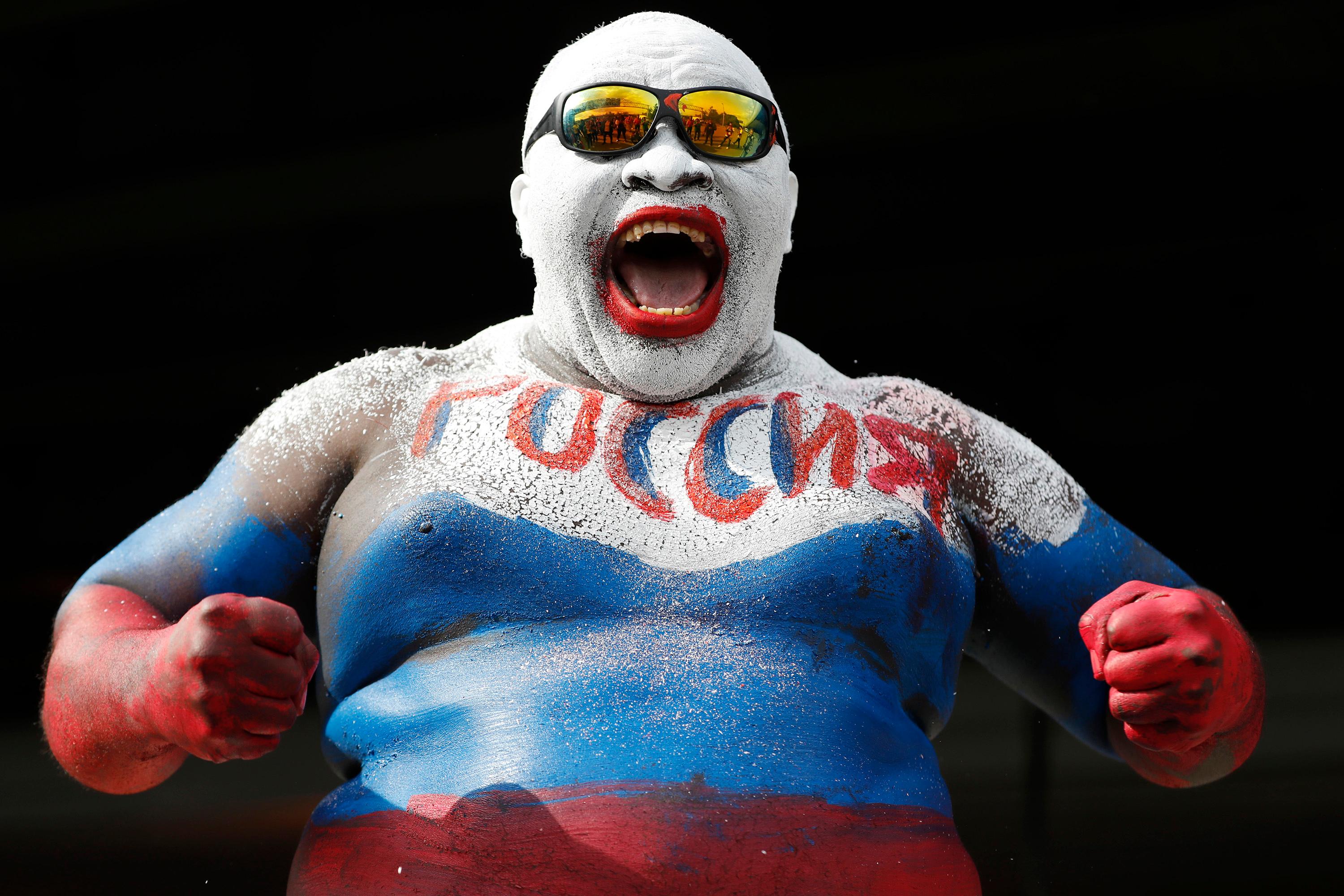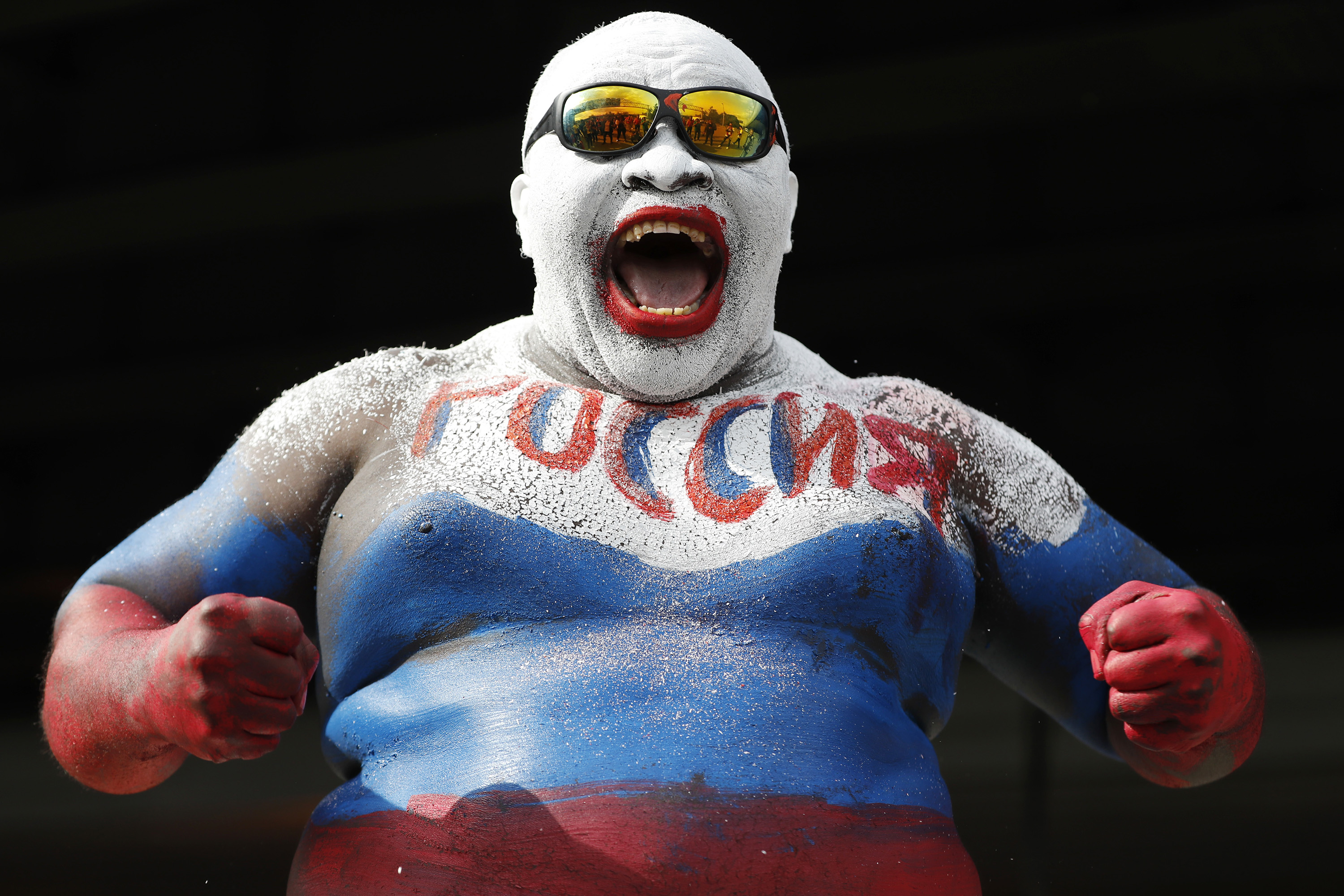

The World Cup is underway in Russia. But while billions of soccer-crazed fans around the world will be tuned in, here in the United States, support for what is known as the world’s most popular sport has long been muted.
Even the most die-hard soccer fans watching games at the British Bulldog in downtown Denver this week say the sport may never be widely embraced in the U.S.
"(Americans) don’t have the patience for it," Melonie Van Zandt said. "People are never gonna care about it."

A recent Gallup poll showed that just 7 percent of Americans say soccer is their favorite sport to watch. And only 28 percent say they even like soccer. It doesn’t help that the US men's team failed to qualify for this year’s World Cup.
At the British Bulldog, Brad Benfield said Americans "care more about (soccer) than they did 20 years ago." He’s right: soccer popularity is on the upswing in the U.S., especially among millennials. But it’s nowhere near football’s dominance.
"I think that’s because there's more money in American football and basketball," Benfield said. "So for the youth, it's harder for them to get involved because their parents want them to go somewhere where they're gonna make money."
American soccer is a story of the haves and the have-nots. The Sports Fitness Industry Association reports participation in basketball is higher than in baseball, football and soccer, regardless of race or income. But when it comes to soccer in America, if you’re black or poor, you’re far less likely to play than if you’re white or wealthy.
Soccer fan Mason Tuttle said that needs to change in order for the sport to become more accessible in the U.S.
"If you're gonna develop as a soccer player, that is a pretty big financial burden on parents," he said. "So would-be athletes might not have the opportunity to get into that sport. So it’s gonna take a culture shift to improve youth development across America."
Despite those issues, the game is growing in the states. Major League Soccer, of which the Colorado Rapids is a part, has more than double the number of teams now than when it started 22 years ago. According to Reuters, there were 1.6 million U.S. kids who played soccer in 1990. Today that number is about 4 million.
Then there’s the sense that soccer is a safer sport to play than American football. Lucia Guzman of Denver, who is originally from soccer-crazed Columbia, said her boyfriend played football in college and suffered head injuries.
"It does seem like soccer is another very athletic, very challenging sport that doesn’t cause as many concussions," she said.
Even big football fans are starting to coming around to soccer. Jesus Ornelas of Lakewood grew up a Broncos fanatic. Now he’s hooked on soccer and cheering for Mexico this World Cup.
"Yes, Broncos Country has pride, but this is bigger than pride. This is family. This is the country that you're family is from," he said. "So it’s completely different. So when you get in here and you sense that pride from other people that you don’t even know… you get that pride from Broncos Country, but think about it from a cultural aspect, from a country aspect."
Brian Bohnert said he’ll practically be living at the British Bulldog the next few weeks, watching a sport that’s nicknamed "The Beautiful Game."
"For this month the world is united around this tournament," he said. "And the bar is full of fans that want to see the tournament, and they want to be connected and come and see friends. That's why they call it the beautiful game."
FIFA announced this week that North America will host the 2026 World Cup, and Denver could be a host city. Perhaps Americans will be ready then to embrace the beauty of soccer.









